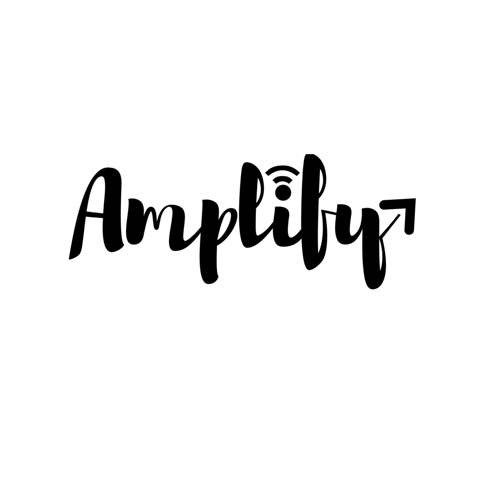Marianne Stanford, PhD
Vice President, Research – IMV, Inc.
Marianne oversees all preclinical research activities and clinical immunology assessment of cancer immunotherapies and infectious disease vaccines at IMV, Inc.. She also serves as adjunct professor in Microbiology and Immunology at Dalhousie University, as a member of the Vaccine Discovery group of the Canadian Centre for Vaccinology, and as an Associate Member of the Beatrice Hunter Cancer Research Institute. Before joining the Company in 2010, Marianne conducted her postdoctoral training at the Robarts Research Institute and at the Ottawa Hospital Research Institute (OHRI), focusing her research on the use of viruses in the development of novel cancer treatments. While at the OHRI, she worked with Jennerex Biotherapeutics (now SillaJen) in the development of Pexa-Vec for human clinical trials. She received her BSc and MSc from Memorial University of Newfoundland and her PhD from Dalhousie University. In her spare time, Marianne is involved in science outreach and policy and is the former Chair of the Canadian Association of Postdoctoral Scholars.
-
I grew up in a small town in Newfoundland, and I didn't really even know what a scientist was. But I was a reader, I loved books! I remember two books that really in retrospect starting me on my path - they were from a series called the ValueTale set. I had two, The Value of Believing in Yourself, the story of Louis Pasteur and The Value of Facing a Challenge, the story of Terry Fox. These stories taught me two things - to value challenges and science! It also instilled in me a strong passion for knowledge and advocacy.
What are you most proud of professionally? And who or why?
I think seeing our first product enter clinical trials, knowing all of the years of hard work and determination behind it by a huge team of people, was very gratifying. It was seeing all those years of education, my PhD and leading a wonderful team, finally move a product into the treatment of people with cancer. Huge moment.
What's your vision for Atlantic Canada in 10 years? What’s our biggest opportunity now?
Atlantic Canada's greatest resource is its people. People with strong connections to place. I would love to see an emphasis on a knowledge economy and really focus on starting and sustaining science based businesses stemming from the wonderful academic institutions.
What was your greatest stage of growth? What made it a shift for you?
I think becoming a parent shifted all of my views, and changed how I looked at work, and life and success. It forced me to grow and re prioritize and opened up a whole new existence for me. Teaching my son to love the world and to explore has been the greatest gift.
What's your favourite or most read book or podcast?
I consistently listen to the TWIX group of podcasts. They are science based and cover microbiology (TWIM), virology (TWIV), parasitism (TWIP) and immunology (Immune). It allows me to stay up to date in a lot of diverse fields during my commute to work.
What's your deepest learning from this past year? How did/will you apply it?
I've learned that despite how it may seem to the outside, I'm not superhuman. I need to focus on priorities, and to ask for help. That applies both in my professional and personal life. No one is successful on their own. It is a team effort.
Who's inspired you, directly or indirectly? How have they inspired you?
I am constantly inspired by cancer patients, both those I know personally, and those who I know only through data. Their perseverance pushed me to work harder and better and more efficiently, because they need new options for treatments, today.
What would you have done differently?
I think I would have cut myself some slack! I think we are always too hard on yourself and the benefit of age is to see things in a different light.
What were your priorities and how did they help you overcome some of the struggles you've faced?
I think my priority has always been to be the hardest worker in the room, and to always treat every person with respect. That comes directly from my upbringing and it motivates my day to day.
How have you recovered from fractured professional relationships? What uncomfortable truths have you learned about yourself in those experiences?
I think in today's connected and fast-paced world, we often assume we have to give immediate feedback. That can often appear harsh and critical if not presented effectively. So what I've learned is to wait and think about what and how you want to deliver information prior to delivering it.
-
scientist, cancer researcher, runner, mother,

